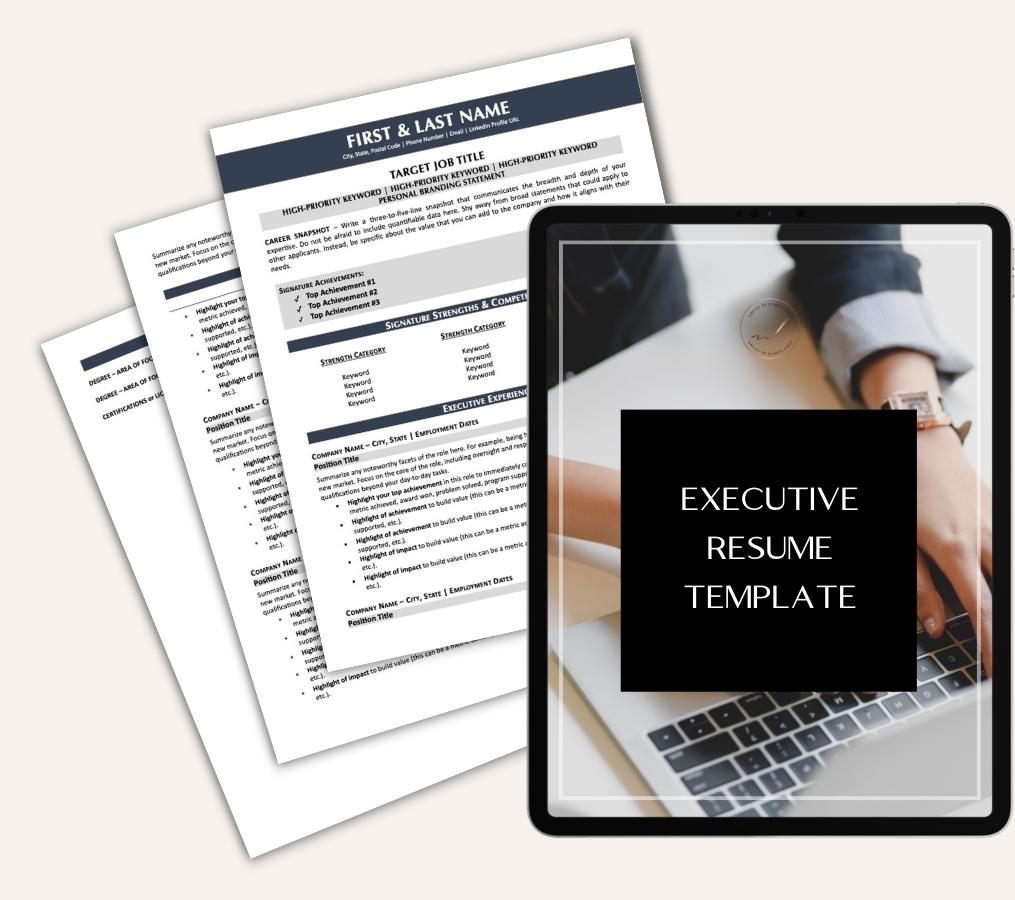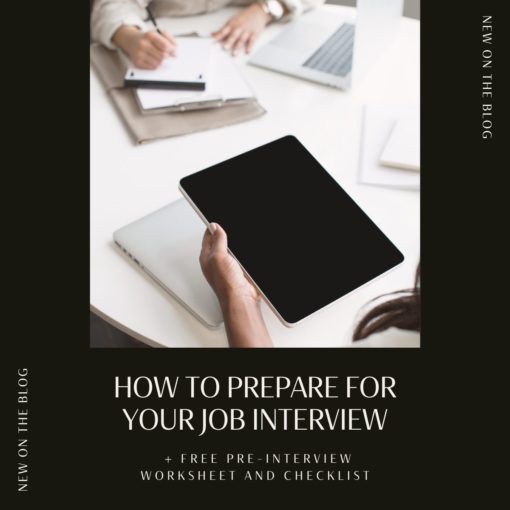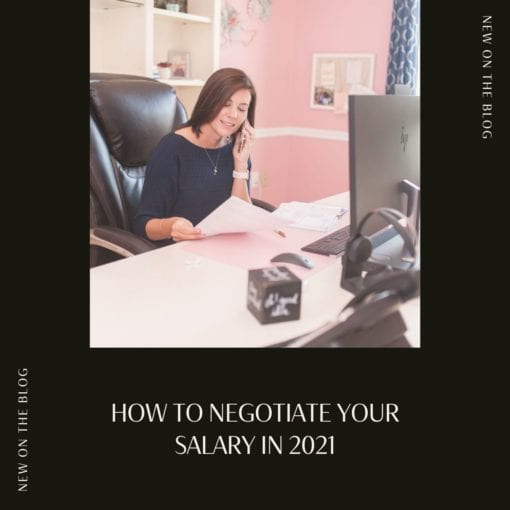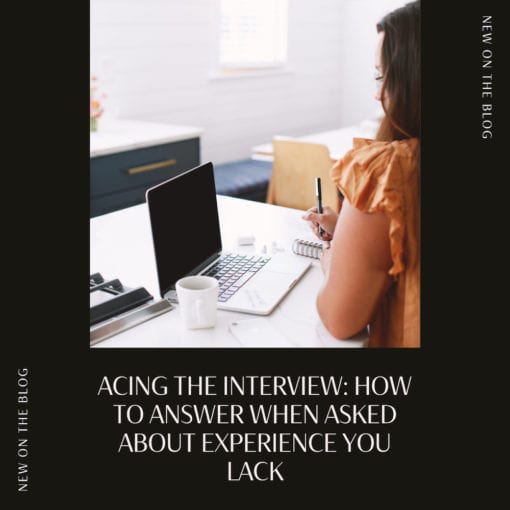How to Use Informational Interviews to Find Hidden Jobs
This article is a part of my series, Hope for Your Job Search. This series is about helping relieve job seekers of the stress and frustration often associated with job searching and to show them that there is HOPE for a successful and short job search.
Frustrated with the lack of responses you receive from job boards? You’re not the only one. Just this week I heard from an executive job seeker about how exasperated he was with his job search. He’d applied to a few jobs on the Ladders site over the past 30 days and had heard nothing. I really felt for him because I hear the same challenges from so many of you. You’re discouraged and overwhelmed, your job search isn’t going as well or as quickly as you’d like, and you almost feel hopeless or even powerless as to what to do. But there’s good news. You don’t have to feel stressed or depressed about your job search prospects; all you need to do is look at your job search from a different angle.
Last week I wrote about Hidden Job Market Secrets: How to Be the ONLY Person Applying for the Job. I hope you read it; But if you didn’t, I encourage you to check it out. It’s packed with great advice on accessing the hidden job market and using a direct mail campaign to find opportunities with little or no competition. This week, however, I want to discuss another method of tapping into the hidden job market: informational interviews. I’m surprised by how many people have never heard of informational interviewing—and even more surprised by how few there are who use this method.
WHAT IS AN INFORMATIONAL INTERVIEW?
An informational interview isn’t about interviewing or asking for a job. It’s about asking for someone’s advice or getting their expert opinion. Who you’re asking and what you’re asking are the most important parts of the interview. Your goal is to find experts in the field or position you want to be in, and then approach them and ask if you can have 10-15 minutes of their time to ask them for their expert opinion about their industry/position, what they do, and how someone can achieve success in their industry.
Few people would turn down such a request; I think most people enjoy sharing their opinion on a topic they’re so invested in. Notice how you’re not asking for a job? You’re asking for opinions, advice, and information; and that is exactly what an informational interview is all about—asking for information.
This article contains more information and a broad overview of informational interviews.
WHO DO YOU APPROACH FOR AN INFORMATION INTERVIEW?
You ask people who are currently doing what you want to do or who used to do what you do and now have moved up the ladder. By asking people in the position and industry you want to be in for information on how they got to where they are, how they became successful, and what they do/did, you’re networking and making contacts in the industry, learning about strategies for how to be successful in the given industry, and gathering other important information you can then use to help find the position you want.
Wondering how to ask for the informational interview? Here’s a wonderful article from Kristin Johnson with a few examples of how to ask for the interview. Here’s one more that includes scripts you can use when asking for the interview via e-mail: http://idealistcareers.org/informational-interview-lessons/.
I’ve had people approach me via e-mail, LinkedIn, and telephone to ask questions and ask for informational interviews. Typically, the requests I receive are from those wanting to break into the resume writing industry, and they’re wondering how I did it and what suggestions I have for them. I think it’s important when you’re asking for someone’s advice that you’re not being too self-focused and making it all about yourself and what you can get out of it. I also think it’s important to be considerate of other people’s time. If you’re sending a message to someone on LinkedIn and you’re already asking the questions versus asking for a time to ask questions, don’t ask 10 questions in the e-mail. Ask one or two questions, and be respectful of their time. People are busy, and although they may not mind giving a brief response, I don’t know many people who have the time to sit down and answer 10 unprompted questions that just landed in their inbox. If you want to ask more than one or two questions, then your introductory e-mail needs to be a request to send over some questions for them to answer when they have time.
Informational interviews can be via telephone, in person, e-mail, or LinkedIn message. Although meeting with local experts at companies that interest you may be the most powerful and productive strategy for your job search, don’t overlook the importance of reaching out to people via e-mail or LinkedIn.
SO WHAT DO YOU ASK?
Ideally, you want to focus your questions on how they’ve gotten to where they are now, what paths they took, how they found success (or what they define as success) in their industry. By asking these questions, you’re gathering vital information that will help to direct your steps in pursuing a similar path. I also found two great articles that list many great sample questions you should ask during an informational interview. The key is to remember that you certainly don’t want to ask ALL of these questions. It’s a courtesy that the person is taking time to speak with you, and you want to be respectful of their time. Cap your questions to 5-10 minutes maximum. Choose questions from these two lists that are most relevant to your goal for the informational interview.
The first article lists questions to ask during your informational interview. This second list is a bit more exhaustive with 200 questions that you could ask during your informational interview. As I stated before, pick and choose those that are most relevant to your goals, and ask those questions first.
I am also a huge fan of one of my colleagues, Mary Elizabeth Bradford. Her advice on networking and informational interviews is always on point—so I want to direct you to an article I recently discovered that actually provides networking scripts that I think will be very helpful to those of you who need some encouragement—along with some examples of how to ask and what to ask when networking and seeking informational interviews. Here’s her article: Effective Networking Scripts for Your Job Search.
REQUESTING REFERRALS
One of the goals of informational interviewing is to ask for referrals. Not necessarily for a job but to others who may also be willing to meet with you. The more you can glean, the better off you’ll be—and you never know when one of your meetings may turn into a job offer or put you in contact with someone who knows of a position. Toward the end of the interview, don’t be afraid to ask if there’s anyone else the person thinks you should speak to or who may be willing to meet with you.
MEETING LOCATION
Although I’ve read many different opinions regarding where to conduct an in-person informational interview, I personally think the best setting is the person’s office. It’s professional, typically quiet, and in the familiar setting in which the person works. Lunches out can be too long, budget-unfriendly, and even too loud. By no means am I saying you can’t meet up with people in your network over lunch, but if you’re conducting a 15- to 20-minute informational interview with someone you’ve never met, doing lunch is hardly ideal.
DEEPENING THE CONNECTION
Ready to build your connection, network, and relationship? Offer to help. Ask the person you’re meeting with what you can do to help them. It makes the connection less one-sided—and shows you’re not just selfishly trying to obtain information for yourself. Even if they don’t need help with anything, the fact that you offered will leave a positive impression in their mind.
SHOW GRATITUDE
This really should go without saying—but I’m going to anyway. Be grateful—and show it. Thank them, before you end the interview, for their time and for meeting with you. Then, go one step further and follow up with a handwritten thank-you letter. It only takes a few moments but will make a lasting impression. Who doesn’t like being thanked? Everyone loves being told “thank you”. So take the time to show your appreciation for the other person’s willingness to answer your questions via e-mail, telephone, or in person.
Above all else, please remember that although you’re asking them for their advice and expert opinion—which most people don’t mind giving—it still should not be one-sided or come off like it’s all about you. People don’t like feeling unappreciated or that you’re just using them for your own benefit. This will damage your network—not grow it; so be mindful of this fact when you’re asking for and conducting informational interviews.
Speaking of networking, why don’t we go ahead and connect on LinkedIn? You can send me an invitation here. I’d also love to hear how informational interviewing has worked for you, questions you recommend others ask, and job offers that have resulted from your interviews!
Share this post:

About the author
Jessica Hernandez, President, CEO & Founder of Great Resumes Fast
Hi, I’m Jessica. I started this company back in 2008 after more than a decade directing hiring practices at Fortune 500 companies.
What started as a side hustle (before that was even a word!) helping friends of friends with their resumes has now grown into a company that serves hundreds of happy clients a year. But the personal touch? I’ve kept that.
You might have seen me featured as a resume expert in publications like Forbes, Fast Company, and Fortune. And in 2020, I was honored to be named as a LinkedIn Top Voice of the year!
I’m so glad you’re here, and I can’t wait to help you find your next perfect-fit position!
Improve Your Resume: Download Your Free Executive Resume Template Today
Are you struggling to create an executive resume that will impress employers? Download this free executive resume template and receive a series of 10 emails with expert guidance on how to write resume content that resonates with employers so you get more interviews.
It's everything you need to stand out, make an impression, and accelerate your job search.








